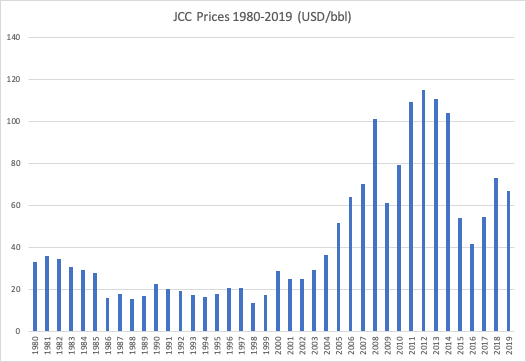Treasurer Jim Chalmers Faces Crucial Decision on Santos Takeover Bid

In a significant move for Australia’s energy sector, Treasurer Jim Chalmers is poised to make a pivotal decision regarding a $30 billion takeover bid for Santos, an Australian oil and gas giant, by an investment arm of the Abu Dhabi government. This potential acquisition has sparked considerable debate over its implications for domestic energy supplies and regulatory frameworks.
The Santos board has publicly expressed support for the takeover, which would see the Abu Dhabi National Oil Company (ADNOC) gain control of a portfolio of assets that includes substantial operations in Western Australia and the Cooper Basin, as well as critical infrastructure in the eastern states of Australia. However, the deal hinges on regulatory approvals, particularly from the Foreign Investment Review Board (FIRB), which will advise Chalmers on whether to green-light the transaction.
As the first major foreign investment test for the Labor government following its re-election, this proposal places Chalmers in a challenging position. He acknowledged the gravity of the decision during an interview with ABC News, stating, “It would be a big decision. And I do intend to take the advice seriously and I don’t intend to pre-empt it.” This reflects the broader economic and political significance of the takeover amidst questions about its potential impact on Australia’s energy security.
Matthew Haupt, a lead portfolio manager at Wilson Asset Management, indicated that FIRB’s assessment would focus on ensuring the security of domestic gas supply and infrastructure. “Ultimately, it can be a captain’s call from the treasurer,” Haupt stated, emphasizing the board’s responsibility to evaluate how the deal aligns with Australia’s energy needs.
The consortium behind the bid has promised to maintain Santos’s headquarters in Adelaide and invest in domestic operations, which they argue would enhance Australia’s role as a responsible energy partner in the region. This assurance is critical as concerns about foreign ownership of vital energy assets have resurfaced, especially given the lack of an Australian partner in the consortium.
Furthermore, the South Australian government is keen to play a role in the approval process, with Energy Minister Tom Koutsantonis stating, “Our main objective will be to safeguard Santos jobs and retain its headquarters in SA.” This illustrates the local government’s commitment to ensuring that the deal does not jeopardize employment or operational stability within the state.
Chalmers’s decision will take into account various factors, including Australia's strong trading relationship with the United Arab Emirates, which is bolstered by a bilateral free trade agreement. This aspect may influence the FIRB’s evaluation of the deal, as it raises questions about the mutual benefits of such foreign investments.
Market reactions have been positive, with Santos’s shares increasing by 11% following the announcement of the takeover bid, reflecting investor confidence in the potential for growth and stability within the company under new ownership. However, the share prices have remained volatile, influenced by ongoing geopolitical tensions in the region, including the conflict between Israel and Iran, which could disrupt global energy supplies.
In summary, Treasurer Jim Chalmers faces a critical juncture as he prepares to make a decision that could reshape Australia’s energy landscape. The outcome of the FIRB review and his subsequent approval will not only affect Santos’s future but will also set a precedent for foreign investments in Australia’s strategic resources. As the government navigates this complex landscape, the implications for energy security and economic stability remain at the forefront of public discourse.
Advertisement
Tags
Advertisement





